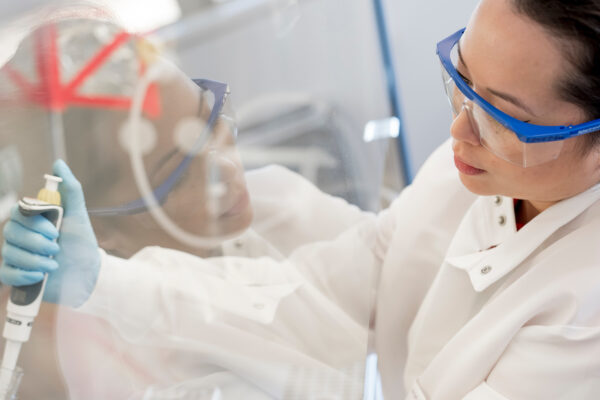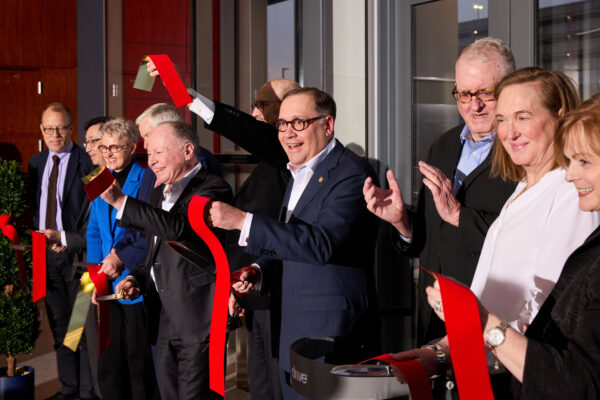I come from farmers. In 1936, my grandfather, Jose Manuel Parra, bought five hectares of land for 1,350 Colombian pesos (not even one dollar today) in the village of Santa Teresa in Colombia. The name of his farm was Valladolid, and it produced coffee, corn and cacao, which the family sold and used as income.
The farm also produced bananas, plantains, cassava and oranges, and my grandfather kept a few chickens and a cow. Even with a low income, his family of 13 (my grandmother and 11 children, including my dad) were well-fed and nourished. They were displaced in 1948 due to the internal conflict that started after the assassination of presidential candidate Jorge Eliécer Gaitán. Moving to the city meant food insecurity and poverty. After returning, they would be displaced from their farm again two more times during their lifetimes.
I share this story because I clearly remember visiting the farm as a child and realizing the profound sense of empowerment, solidarity, justice and sovereignty that came from growing one’s own food. When I was offered the opportunity to implement and lead the Building Resilient and Inclusive Communities (BRIC) project for Missouri in late 2020, I did not hesitate.
The National Association for Chronic Disease Directors and the Centers for Disease Control and Prevention established BRIC during the COVID-19 pandemic to support healthy living and reduce social isolation. Little did I know that this project would be profoundly transformative for me, both professionally and personally. What started with a small Zoom meeting turned into a collaborative of more than 45 people representing various organizations from small nonprofits to large foundations.
During our very first meeting, I learned about the term “food apartheid” from a St. Louis food justice activist. Learning about this deeply changed the way in which I looked at food deserts, which are not natural occurrences, but rather reflections of systems of oppression and exclusion that have existed for hundreds of years.
At a celebration at the project’s close in late 2023, every group shared the various ways in which BRIC funding was crucial to helping them implement essential programming to keep the community fed, active and connected. We heard from centers that offered computer skills classes so that seniors would not feel isolated. We heard from food pantries, food banks and farmers markets that purchased large-capacity freezers to store fresh and healthy foods and implemented programs such as SWAP and CHOICE to increase the dignity and respect of users. We heard from urban farms and community gardens that were able to continue their educational operations, farming schools and intergenerational programs. We heard from organizations that set up traffic-safety programs around schools, urban farms and farmers markets, so that residents did not face physical harm from automobile traffic while obtaining food. At the end of the celebration, I couldn’t help but cry. These were tears of joy, as I was clearly seeing the power of solidarity and of a collective working together for a common cause, even when we all represented diverse groups of people and perhaps even diverse ideologies.
The BRIC collaborative will continue to be supported by the St. Louis Integrated Health Network (IHN) through a five-year $3.8 million REACH (Racial and Ethnic Approaches to Community Health) grant from the Centers for Disease Control and Prevention (CDC). In partnership with IHN, WashU will promote clinical and community health solutions, increase access to nutritious foods in north St. Louis and create healthy weight programs for children and families. My role in REACH will be to ensure that decisions are community driven. Communities know what solutions meet their needs, and our role is to listen and provide support, planting seeds to reduce health inequities in our region. Through REACH-STL, we’ll tend those seeds and see them grow.


